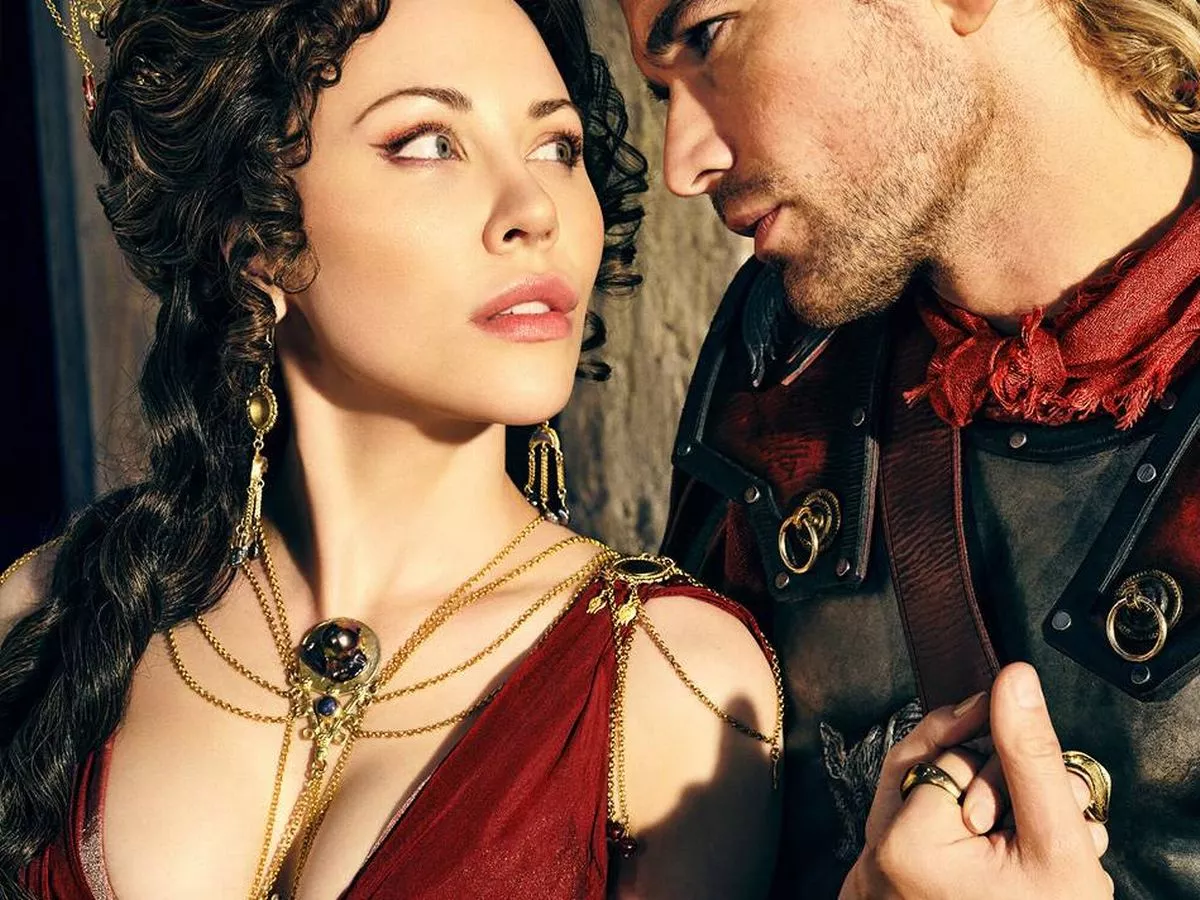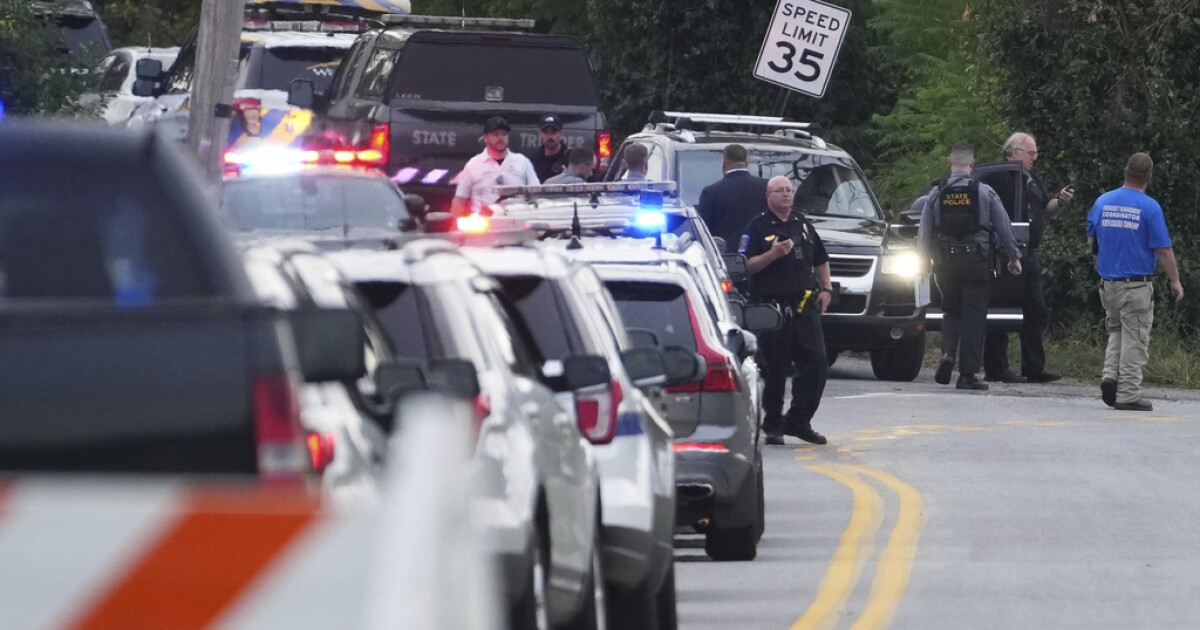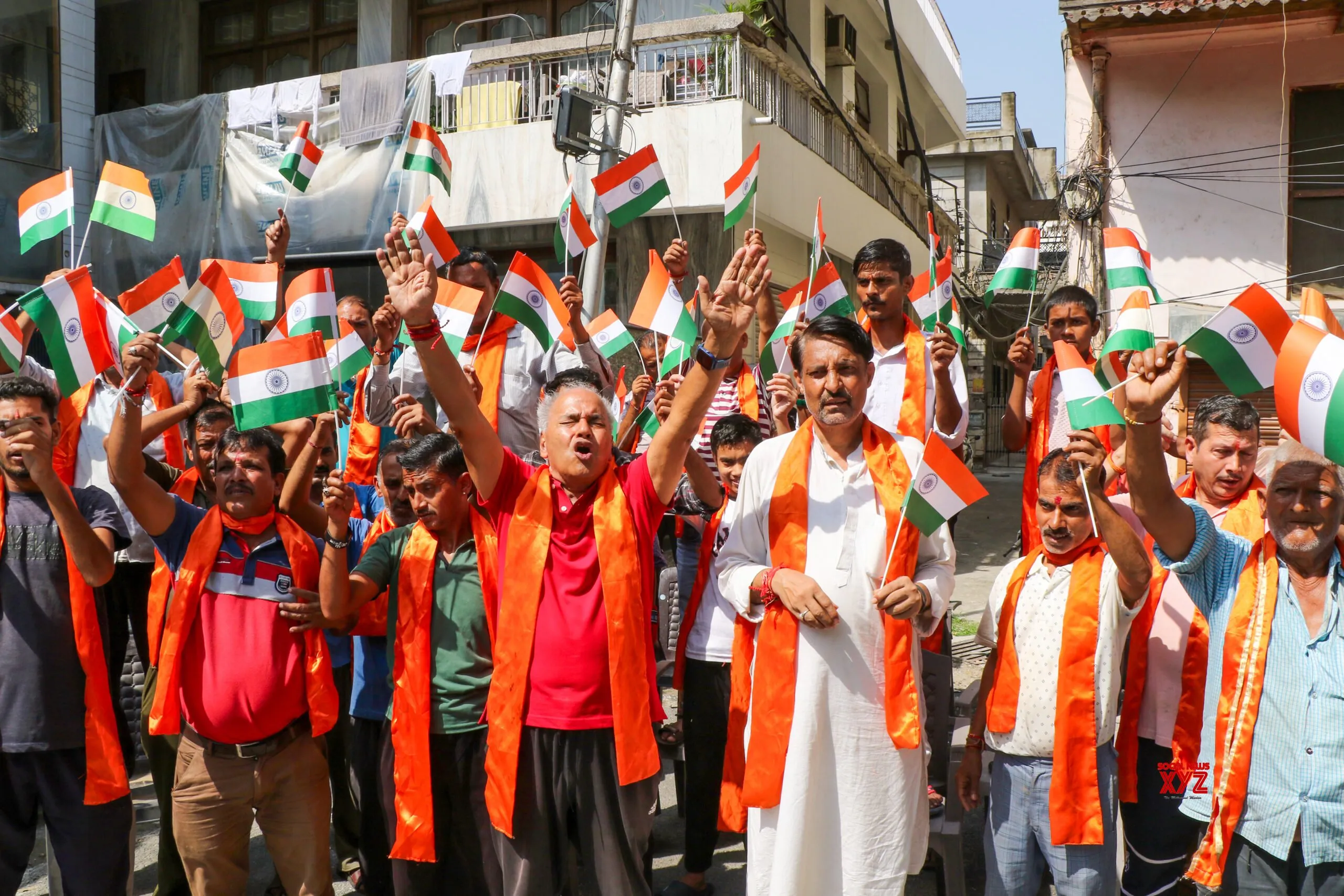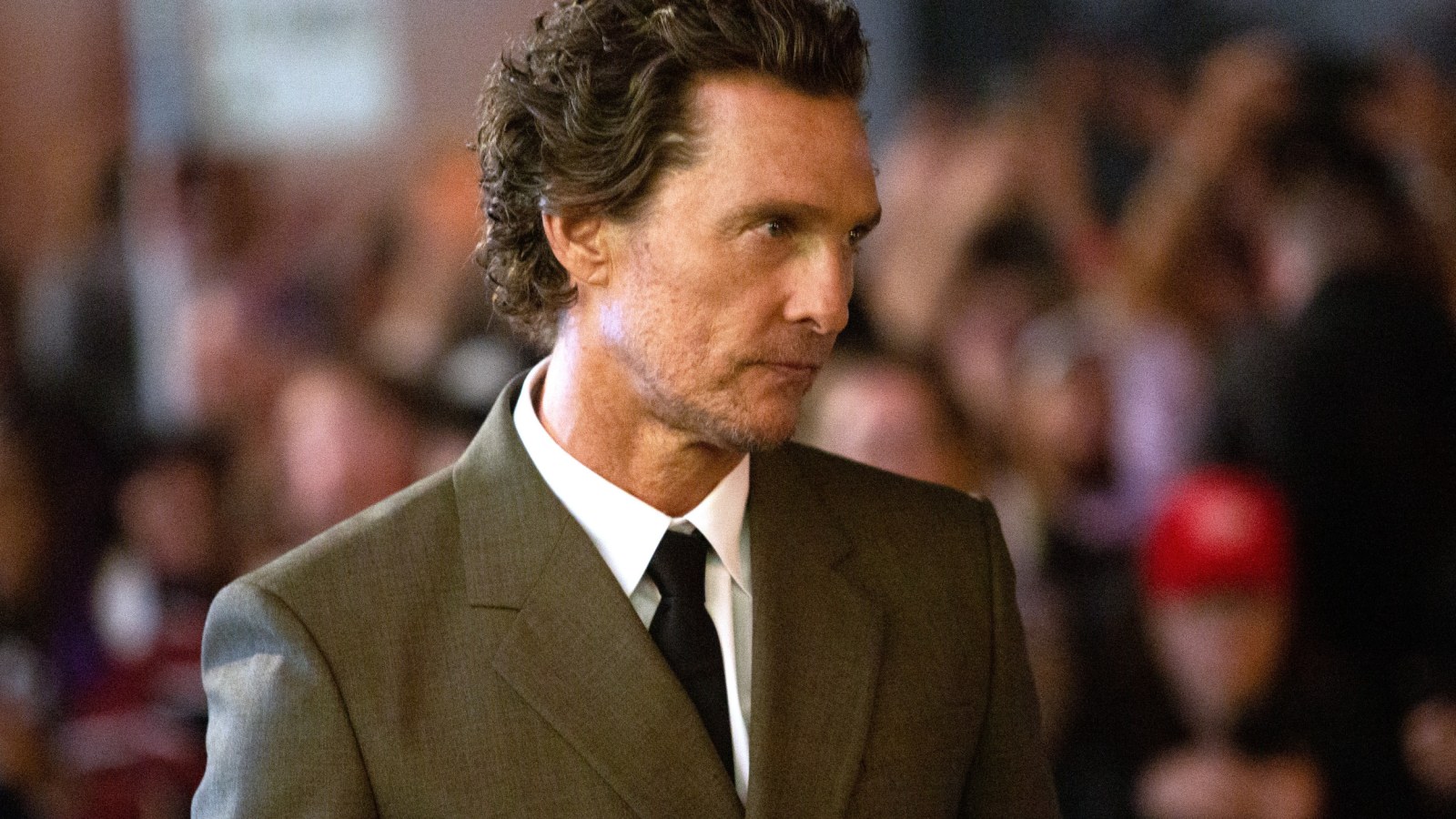By Simon Reef Musa
Copyright leadership
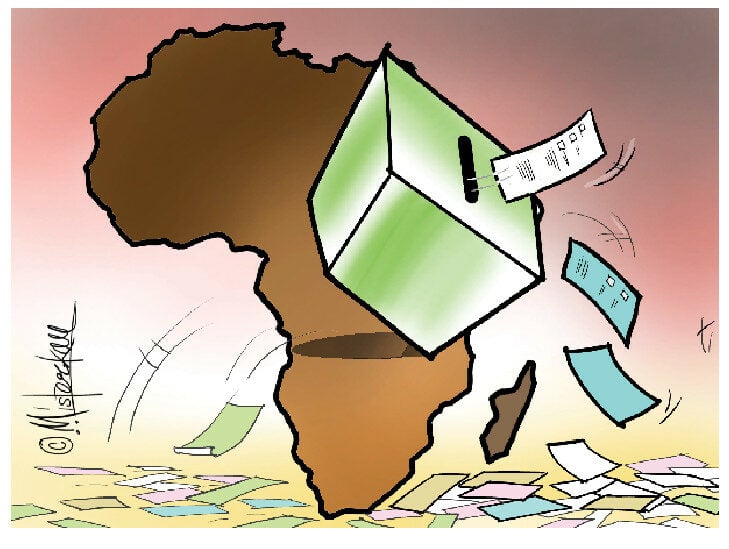
Penultimate Wednesday, Ghana’s capital, Accra, played host to a summit organized by the Goodluck Jonathan Foundation on the theme: ‘Why Democracies Die’. The essence of the theme, according to the organizers, is to afford policymakers the opportunity “to interrogate the structural and systemic drivers of democratic decline across Africa, rising authoritarianism, institutional fragility, and shrinking civic space, and exploring how democratic systems are weakened and dismantled”.
The choice of Bishop Matthew Hassan Kukah as the guest speaker was fitting, as his footprints of intellectual inquisition in good governance have left a great feat of erudition across continental shores.
If the event was assumed to provide a platform for Jonathan’s comeback discourse, the presence of former President Olusegun Obasanjo, who supported the Bayelsa-born politician in 2011 but rallied forces against him in 2015, repudiated such an assumption. Jonathan himself had, during a birthday celebration of his Chief of Staff, Mike Oghiadomhe, recalled how he suffered betrayals at the hands of politicians whom he described as unreliable.
Shackled Democracy
John Keane’s ‘The Life And Death Of Democracy’ traces beyond Athens the origin of what has now become the ballot government. The British historian notes that the greatest attribute of democracy is its adaptability in tackling societal challenges. Describing democracy as a time-bound system, Keane states: “Democracy is not the timeless fulfilment of our political destiny. It is not a way of doing politics that has always been with us, or that will be our companion for the rest of human history.”
Just recently, former President Obasanjo declared his lack of confidence in democracy to turn the tide for the common good of Africans. Footprints of democracy in Africa have been uninspiring, as crooked politicians have turned into tyrants and unleashed terror on opposition elements. The greatest challenge facing Africa’s democracy is how to negotiate the curve that translates the promise of the popular form of government toward the improvement of living conditions for Africans.
Bishop Kukah’s surmise on democracy, backed by scholarly authorities, remains one of his best that is yet to receive rejoinders. The bishop’s submission resonates with African realities and portrays democracy as a system where the powerful in power emasculate the weaker citizens and turn them into victims of political and economic exploitation. The guest speaker challenges President Barack Obama’s often-quoted pontification that Africa needs strong institutions and not strong men.
“Then, as now, to me, President Obama’s irritating pontification merely exploited the arrogant and condescending manner that Americans and Europeans have often viewed Africa and its development, deliberately ignoring the sabotaging and complicit roles in undermining our efforts. For them, Africans remain the white man’s burden. They see our underdevelopment as a character flaw, ignoring exploitative historical processes that have led them to where they are and left us where we are. We are often made to feel inferior,” Kukah declared.
The Real Problem
As someone who is not afraid to say it as it is, the Catholic Bishop of Sokoto Diocese left no doubt in identifying elected officials as the greatest threat to democracy in Africa. Instead of the ballot government being deployed to resolve challenges confronting Africans, elected leaders, according to Bishop Kukah, are substituting “blind, personal ambition and greed for the fine principles of service that democracy represents.” Once elected to power, some politicians often become a danger to their own people and the democratic process itself by seeking to govern at all costs.
The repulsive corruption and unquenchable thirst for power to access public wealth are the main destroyers of democracy. The people, who hold the ultimate power through the ballot, have been quarantined from the democratic process. The people are only involved to give endorsement for flawed elections. Democracy in Africa has not gone beyond a battle cry to occupy power, empower cronies, and destroy opposition. The Gettysburg Address by Abraham Lincoln is yet to find fulfillment on the continent due to contextual differences populated by people of differing cultures and orientations. More worrisome, ethnicity and religion have become defining factors in the choice of leadership, as Africa’s democracy is brutally sustained to serve the gods that control politics.
What Africa Lacks
Recalling the heroic deed of President Jonathan for conceding victory to his challenger, Major General Muhammadu Buhari (retd) in 2015, Kukah commended him for that singular feat. Some Nigerians, at that period, described the move as the manifestation of a weak leader in a nation that respects strong men. In accepting defeat, the former president attracted international accolades and is now being wooed to throw his hat into the 2027 wrestling ring.
The months ahead may turn out to be trying for Jonathan, but Kukah is quick to advise Jonathan: “Do not be deceived by the voices whispering to your ears. Very often, as General Theophilus Yakubu Danjuma (retd) once said, the voice of the devil is often closer to God’s voice. The devil heard God’s instructions to Adam and Eve and whispered his own instructions. In the end, it is your call, sir. But listen to God through your conscience.”
Africa’s democracy suffers from the manipulations of so-called democratic leaders who only represent mobs of self-interests, ethnic and religious bigots, and global economic powers determined to ruin the continent for their own growth. Africans are still chained to the shackles of irresolvable self-induced challenges that can only be tackled by leaders like Jonathan, who once sacrificed self-interests in galvanizing democracy to serve the interests of all.
